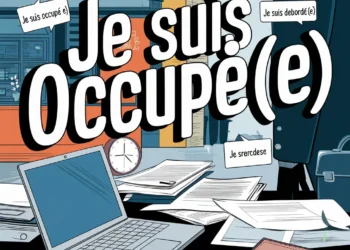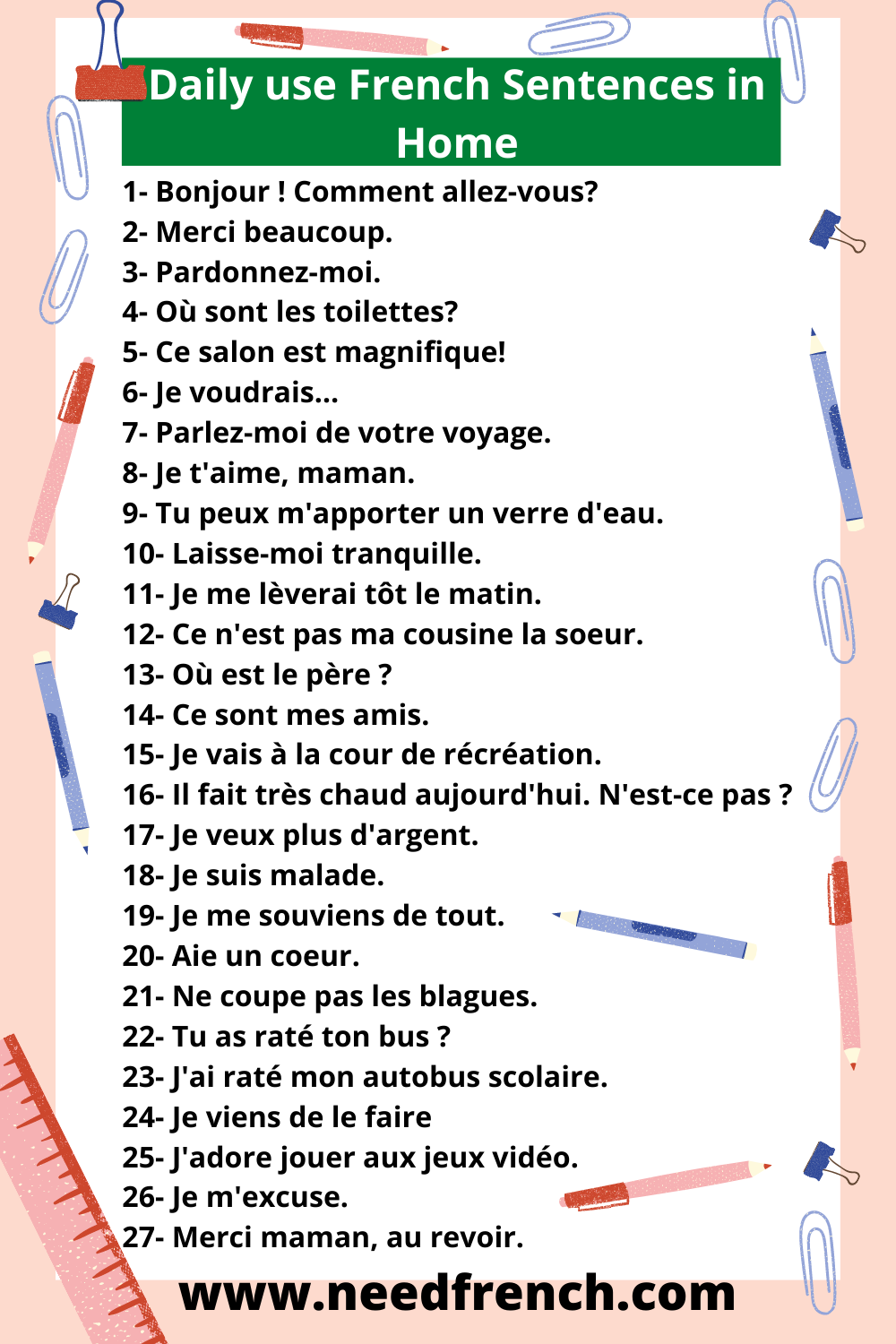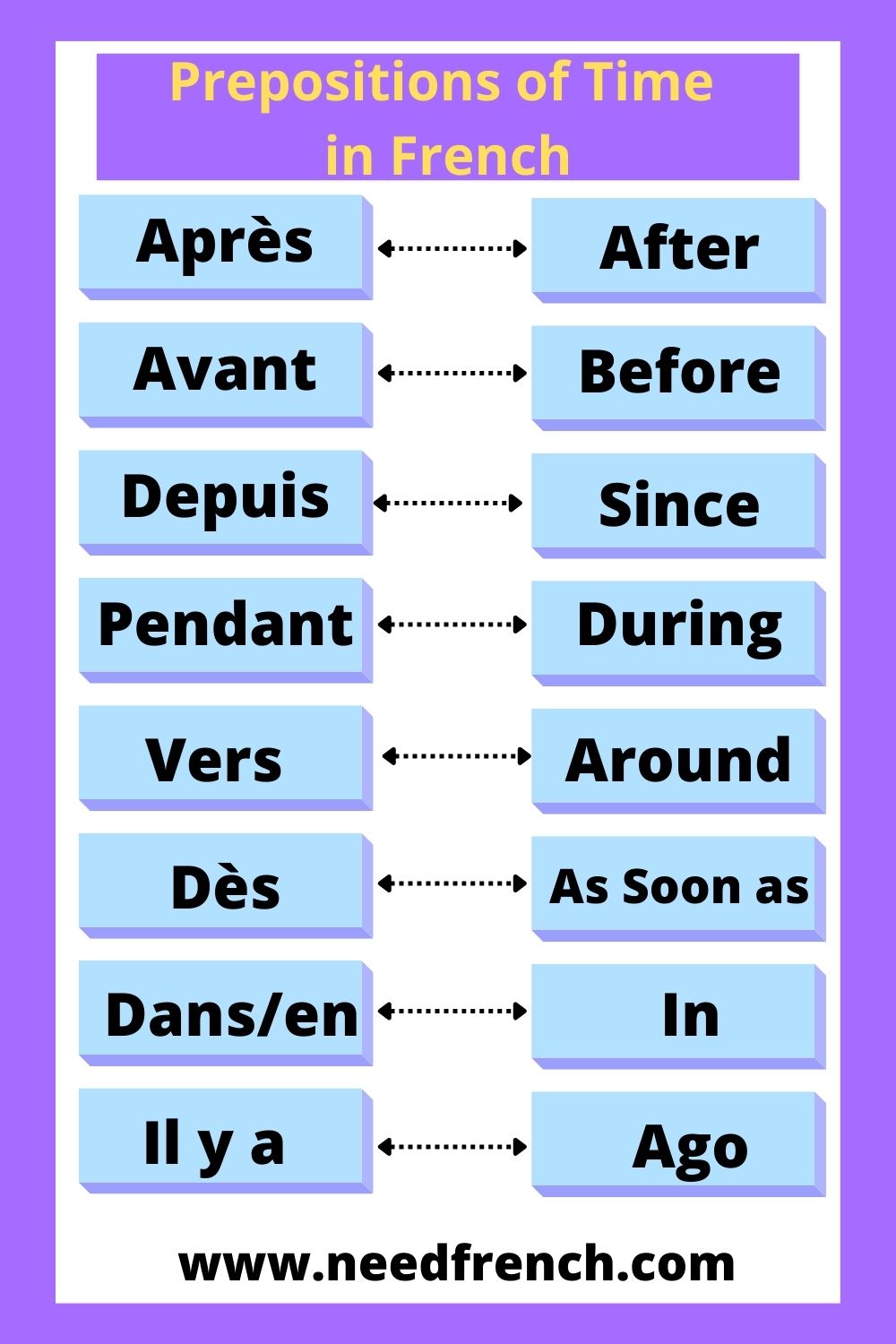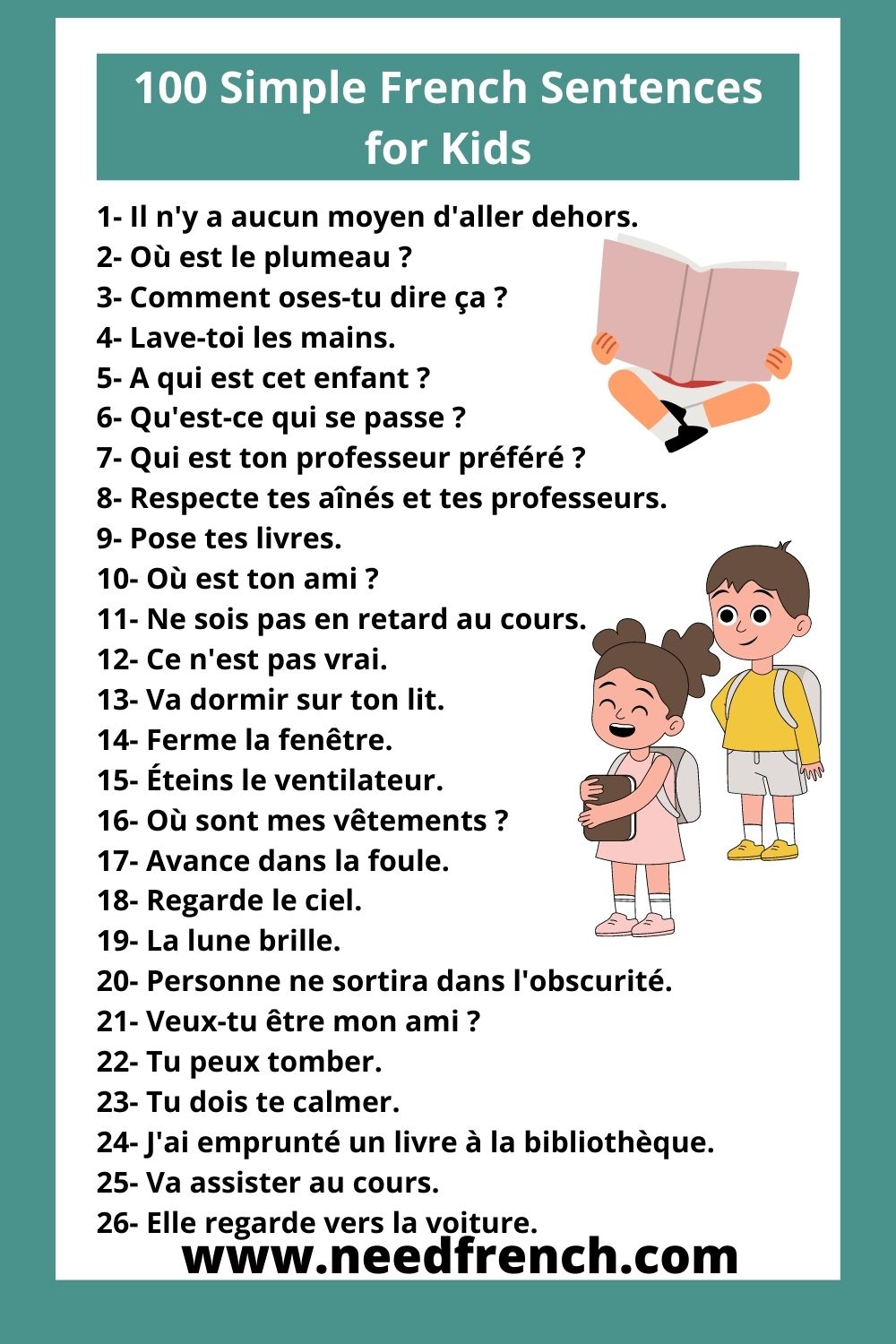Are you learning French and want to sound more like a native speaker? Colloquial expressions are key to natural-sounding French, but they’re often missing from textbooks. This guide will introduce you to 20 commonly used informal French words and phrases that will help you understand everyday conversations, movies, and songs better.
Why Learn Colloquial French?
- Sound more natural: Using these expressions will make your French sound closer to how native speakers actually talk.
- Improve comprehension: You’ll understand more when listening to real French conversations or media.
- Cultural insight: Colloquial language offers a glimpse into French culture and way of thinking.
Note: While these expressions are common in everyday speech, use them cautiously. They’re not appropriate for all situations, especially formal ones.
20 Must-Know Colloquial French Expressions
1. Bouquin (Book)
Standard French: Livre
Example: “Tu as lu ce bouquin ? Oui, c’est un bouquin génial !” (Have you read this book? Yes, it’s a great book!)

2. Bagnole (Car)
- Standard French: Voiture
- Example: “Comment tu trouves ma nouvelle bagnole ?” (What do you think of my new car?)

3. Bécane (Motorcycle)
- Standard French: Moto
- Example: “Je vends ma bécane.” (I’m selling my motorcycle.)
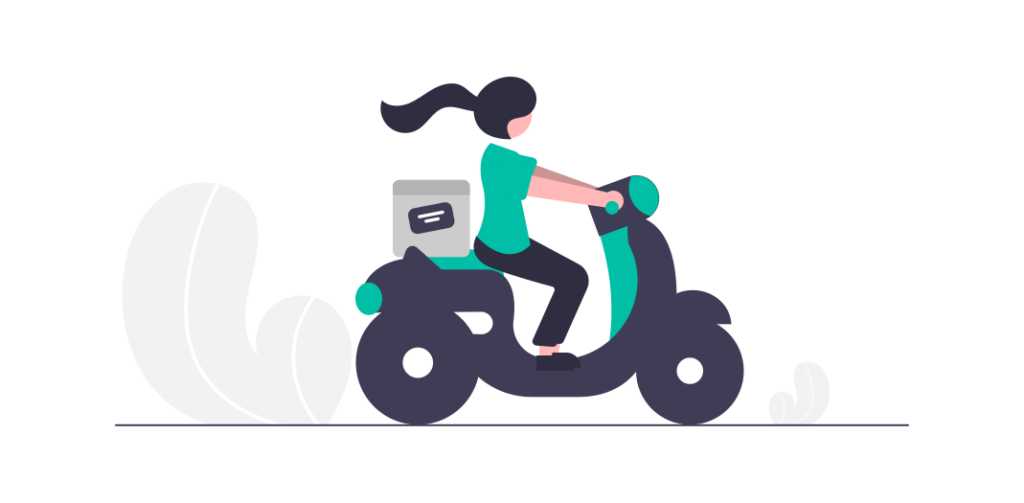
4. Baraque (House)
- Standard French: Maison
- Example: “Mon ami a acheté sa baraque de rêve !” (My friend bought his dream house!)
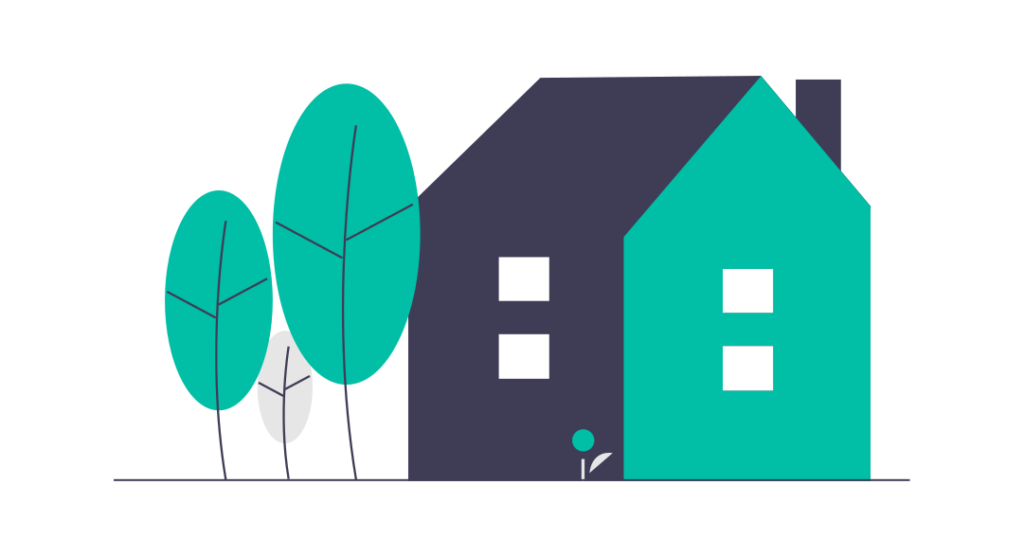
5. Fringues (Clothes)
- Standard French: Vêtements
- Example: “Généralement, je n’achète pas des fringues chères.” (Generally, I don’t buy expensive clothes.)
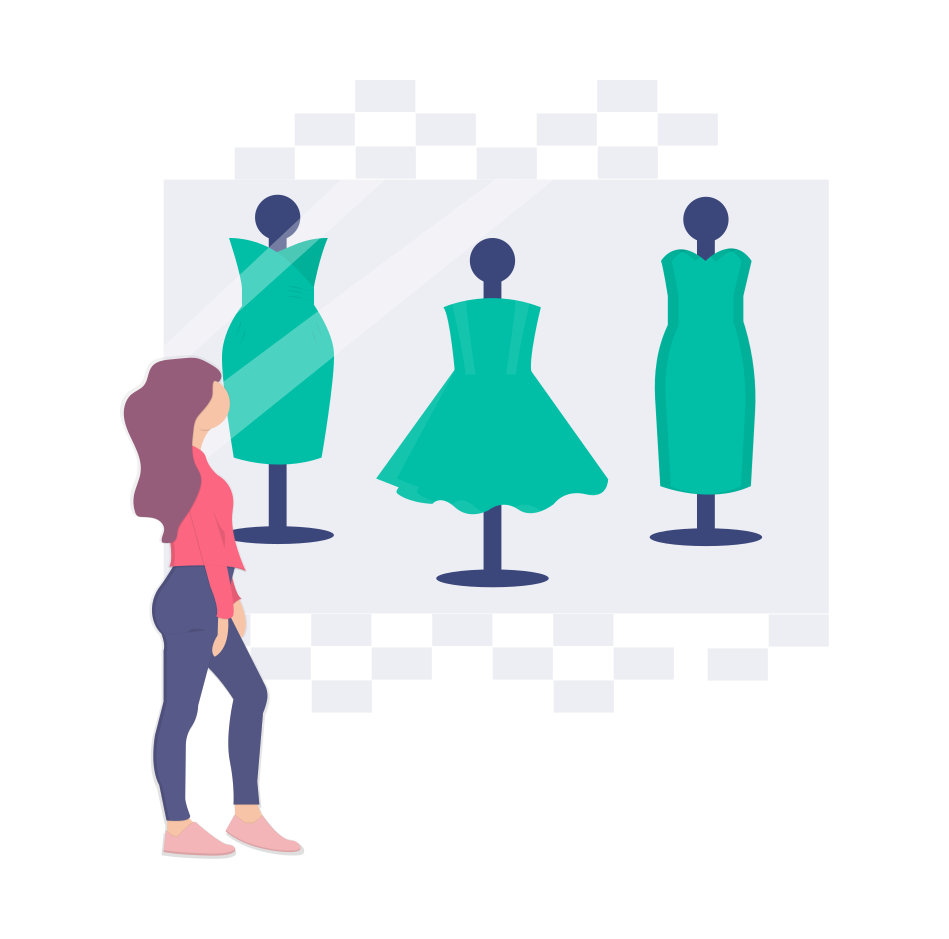
6. Frigo (Fridge)
- Standard French: Réfrigérateur
- Example: “Est-il mauvais de mettre des aliments chauds dans le frigo ?” (Is it bad to put hot food in the fridge?)
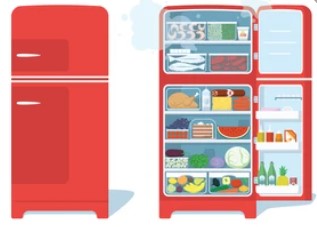
7. Clope (Cigarette)
- Standard French: Cigarette
- Example: “Je fume trop de clopes, il faut que j’arrête !” (I smoke too many cigarettes, I need to quit!)
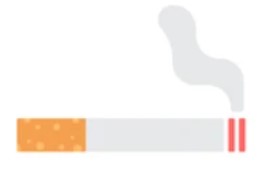
8. Boîte (Company)
- Standard French: Entreprise
- Example: “Je travaille dans cette boîte depuis 2008.” (I’ve been working in this company since 2008.)
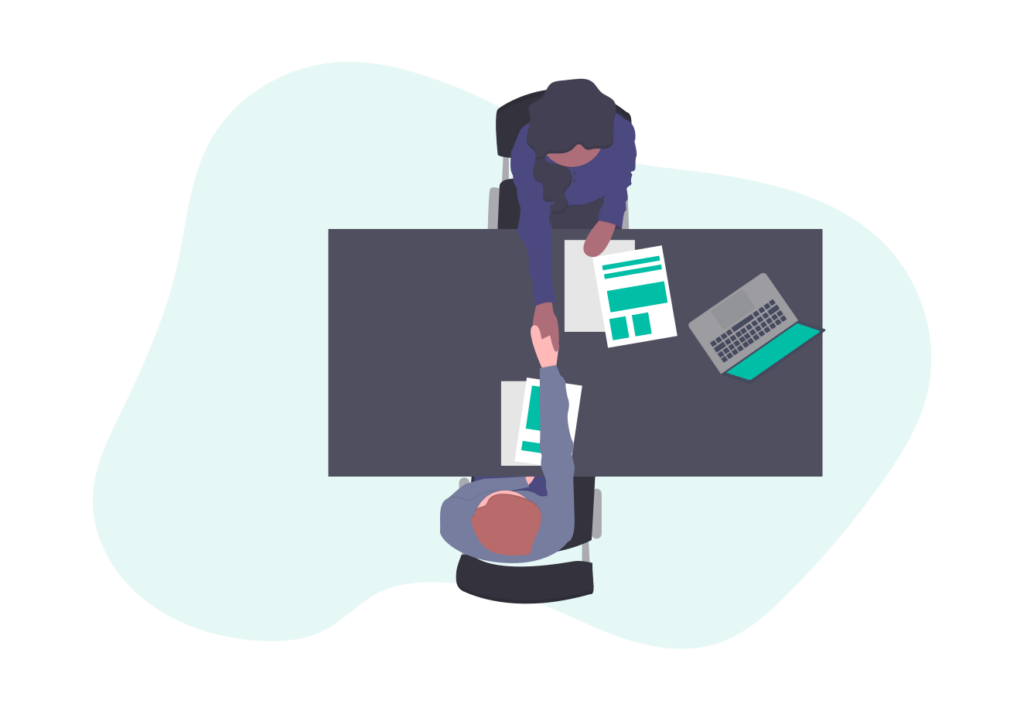
9. Boulot (Job)
- Standard French: Travail
- Example: “Je viens de changer de boulot pour la deuxième fois.” (I just changed jobs for the second time.)

10. Fric (Money)
- Standard French: Argent
- Example: “J’ai besoin de fric pour assurer mon avenir.” (I need money to secure my future.)

11. Frangin / Frangine (Brother / Sister)
- Standard French: Frère / Sœur
- Example: “Avec ma frangine, on se disputait presque tout le temps.” (With my sister, we used to argue almost all the time.)

12. Pote (Friend, usually male)
- Standard French: Ami
- Example: “Je révise toujours avec mes potes.” (I always study with my friends.)

13. Mec (Guy, Man)
- Standard French: Homme
- Note: Can also mean boyfriend or husband.

14. Nana (Woman, Girl)
- Standard French: Femme
- Note: Can also mean girlfriend or wife.
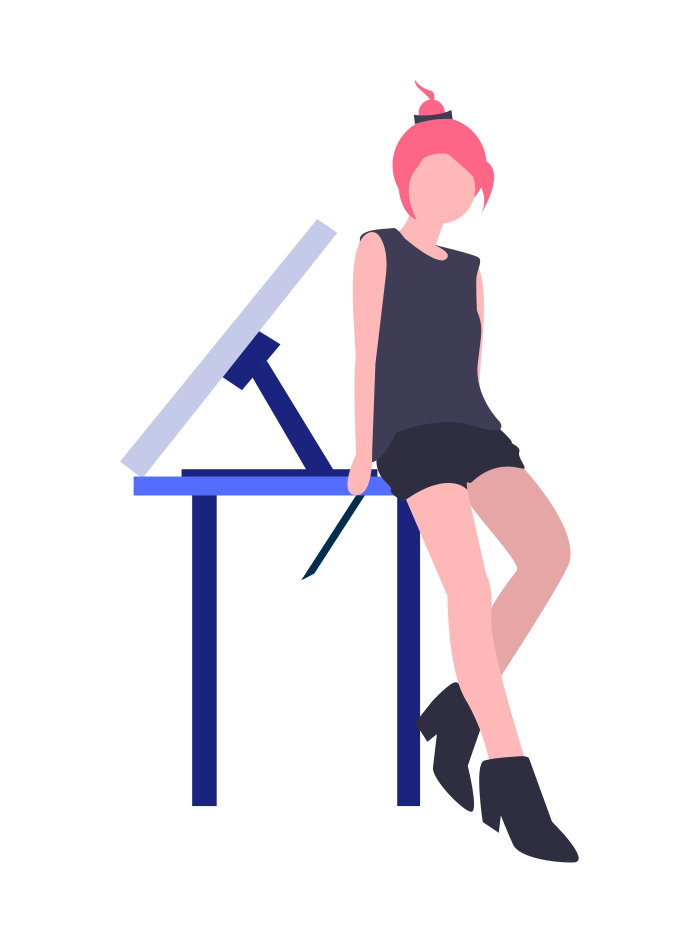
15. Flotte (Rain)
- Standard French: Pluie
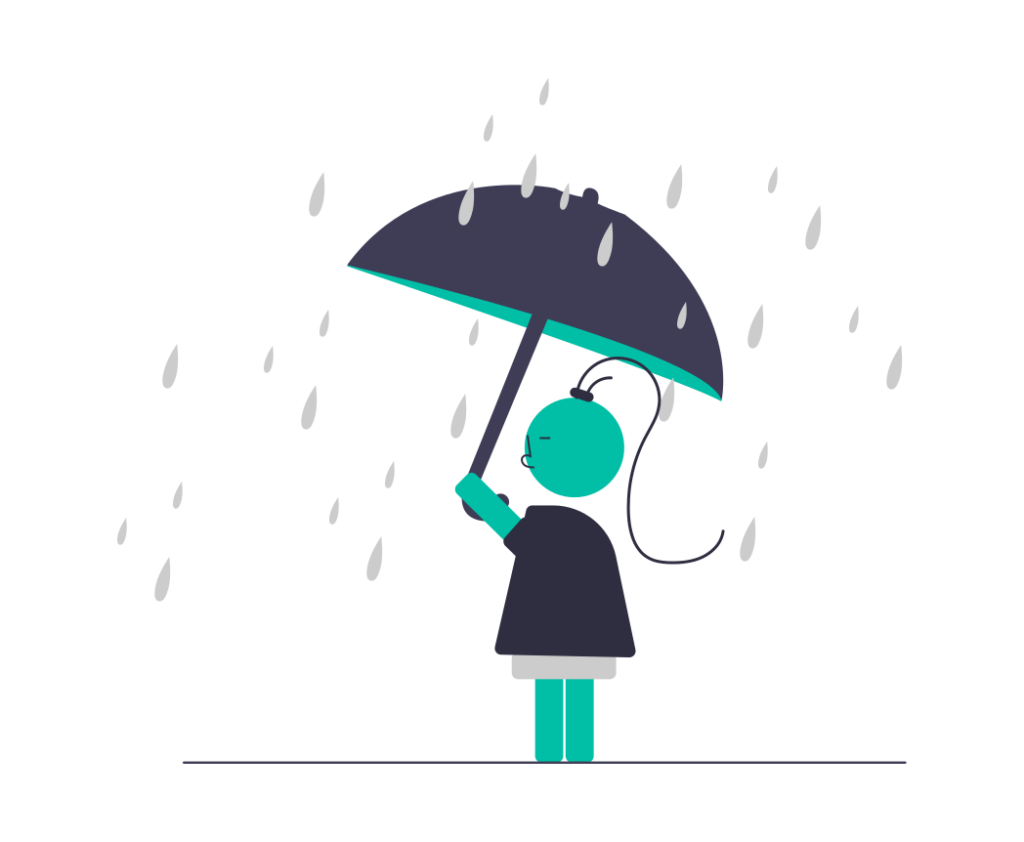
16. Flic (Cop, Police officer)
- Standard French: Policier

17. Trouille (Fear)
- Standard French: Peur
- Example: “J’ai eu la trouille de ma vie après un accident de voiture.” (I was scared to death after a car accident.)

18. Taule (Jail)
- Standard French: Prison

19. Truc (Thing, for objects)
- Standard French: Chose
- Example: “J’ai besoin d’un truc pour protéger mon téléphone.” (I need something to protect my phone.)
20. Machin (Thing, for objects or people)
- Standard French: Chose (for objects), Personne (for people)
- Example: “Machin, j’ai oublié son nom, il jouait au Barça maintenant il est au PSG.” (What’s-his-name, I forgot his name, he used to play for Barça, now he’s at PSG.)
Tips for Using Colloquial French
- Listen carefully: Pay attention to how native speakers use these words in context.
- Practice with friends: Use these expressions in casual conversations with French-speaking friends.
- Watch French media: Movies, TV shows, and YouTube videos are great for hearing colloquial French in action.
- Be mindful of context: Remember that these expressions are informal and not suitable for all situations.
Conclusion
Learning these 20 colloquial French expressions will help you sound more natural and understand everyday French better. Remember to use them appropriately and continue exploring the rich world of French slang and idioms. Bonne chance avec votre apprentissage du français ! (Good luck with your French learning!)



